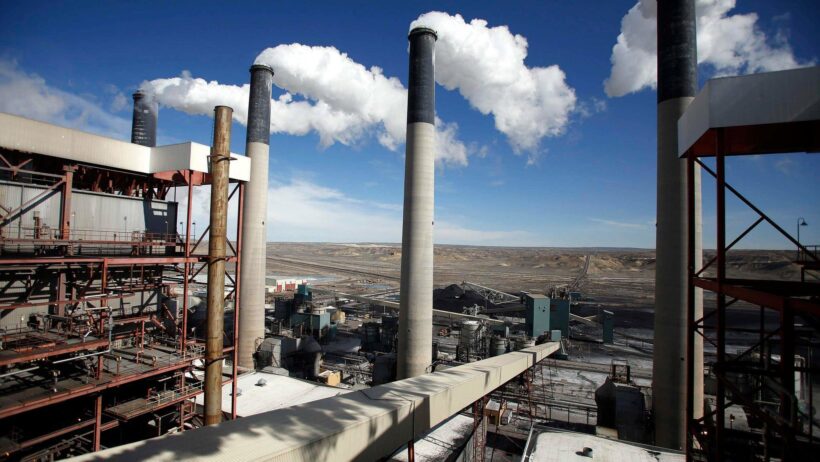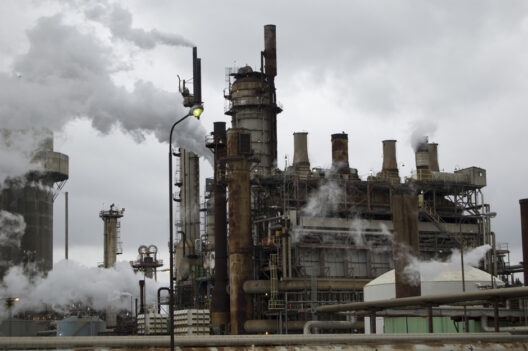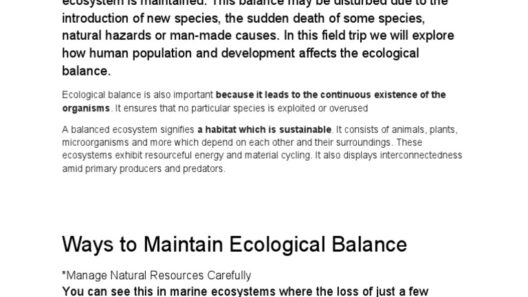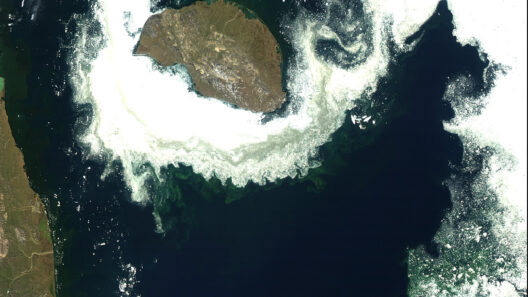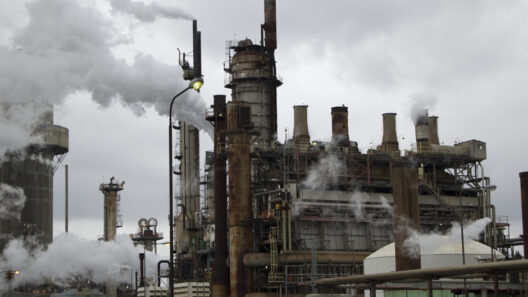Global warming is akin to a relentless tide that, despite occasional ebbs, continues to rise, reshaping coastlines and altering landscapes in imperceptible yet profound ways. In this context, one may wonder whether credible voices exist that deny the existence or severity of this phenomenon. The inquiry into peer-reviewed articles on the topic reveals a complex tapestry of scientific discourse, where consensus and dissent coexist.
The scientific community operates under a rigorous framework of peer review, a process designed to uphold the integrity of research. This mechanism prevents the propagation of erroneous claims, fostering a culture of evidence-based conclusions. Peer-reviewed articles serve as the backbone of scientific literature, providing a revered platform for findings that withstand the scrutiny of experts in relevant fields. It is within this domain that the interplay between acceptance and denial of global warming can be examined.
To navigate this landscape, one must first understand the breadth of research concerning climate change. An overwhelming body of evidence from numerous studies, conducted over decades, attests to the reality of global warming. This voluminous data originates from diverse disciplines, including climatology, oceanography, and atmospheric science, establishing a robust consensus. The Intergovernmental Panel on Climate Change (IPCC) affirms that the planet’s temperature has increased significantly, attributing the majority of this warming to human activities, such as fossil fuel combustion and deforestation. This consensus is echoed by numerous scientific organizations globally, which assert that the debate has shifted from “whether” global warming is occurring to “how” societies will respond.
While the majority of peer-reviewed research converges on the acknowledgment of anthropogenic climate change, a minority does indeed present counterarguments, often leading to confusion or misinterpretation by the public. These dissenting peer-reviewed articles—though scarce—exist and warrant examination. Some of these articles attempt to challenge the methodology or data used by mainstream climate science. A few may argue for alternative interpretations of climatic data, positing that observed warming could be part of a natural cycle rather than primarily driven by human activities. However, such contrarian views typically fall short when juxtaposed with the comprehensive datasets and advanced modeling techniques deployed by the broader scientific community.
The crux of the challenge lies in discernment. The allure of articles that deny or downplay global warming can resonate with various societal segments, often influenced by ideological beliefs or economic interests. These perspectives may echo the sentiments of a ship navigating turbulent waters, desperately seeking calmer seas in denial of an approaching storm. Importantly, one must recognize that these articles often garner disproportionate attention, amplified by media outlets that thrive on controversy rather than scientific consensus. This amplification can skew public perception, fostering skepticism where robust understanding should prevail.
The juxtaposition of peer-reviewed denier positions against a backdrop of a scientific consensus serves as a poignant reminder of the complexity of scientific inquiry. It is essential to realize that not all dissent is inherently irresponsible. Constructive skepticism can catalyze progress, prompting scientists to refine methodologies and explore previously unconsidered variables. However, the untenable resistance to established climate science often borders on anachronistic thinking, reminiscent of a ship anchored in a changing tide, refusing to adapt or adjust its sails.
Moreover, the existence of contrarian articles can fuel misinformation campaigns that undermine public engagement with climate action. As society grapples with the challenges of global warming—from rising sea levels to increasing extreme weather events—fostering a clear understanding of the consensus is critical. Misinformation, often arising from the misinterpretation of peer-reviewed articles, poses a barriers to collective action and impedes policy development aimed at mitigating climate impacts.
In recent years, numerous platforms have emerged to evaluate the credibility of scientific claims, aiming to disambiguate the murky waters of climate discourse. Initiatives like “FactCheck” provide resources for the public, aiding in the identification of reliable research while scrutinizing the validity of contrarian viewpoints. Such resources reaffirm the importance of an informed citizenry equipped to engage with scientific findings constructively.
Amidst the cacophony of voices, it is essential to cling to the overarching narrative woven by the scientific community. The metaphor of the rising tide serves as a cautionary tale. Failure to recognize the reality of global warming invites unforeseen consequences, with nature ultimately dictating the terms of engagement. The consensus that exists today is not merely a product of empirical data, but a clarion call to humanity—a call to action fortified by evidence and underpinned by collective responsibility.
In conclusion, while peer-reviewed articles that deny global warming surface from time to time, the overwhelming weight of scientific evidence reinforces the existence and urgency of this global issue. The ecological storm clouds gather as the tide rises; ignoring them not only jeopardizes future sustainability but compromises the very fabric of human existence. Engaging with and understanding the science behind climate change paves the way for comprehensive solutions and ensures a unified approach to combating one of the most pressing challenges of our time. As stewards of this planet, it is imperative that society collectively invests in sustainable practices, advocating for informed policies that embrace resilience against the tide of change.



